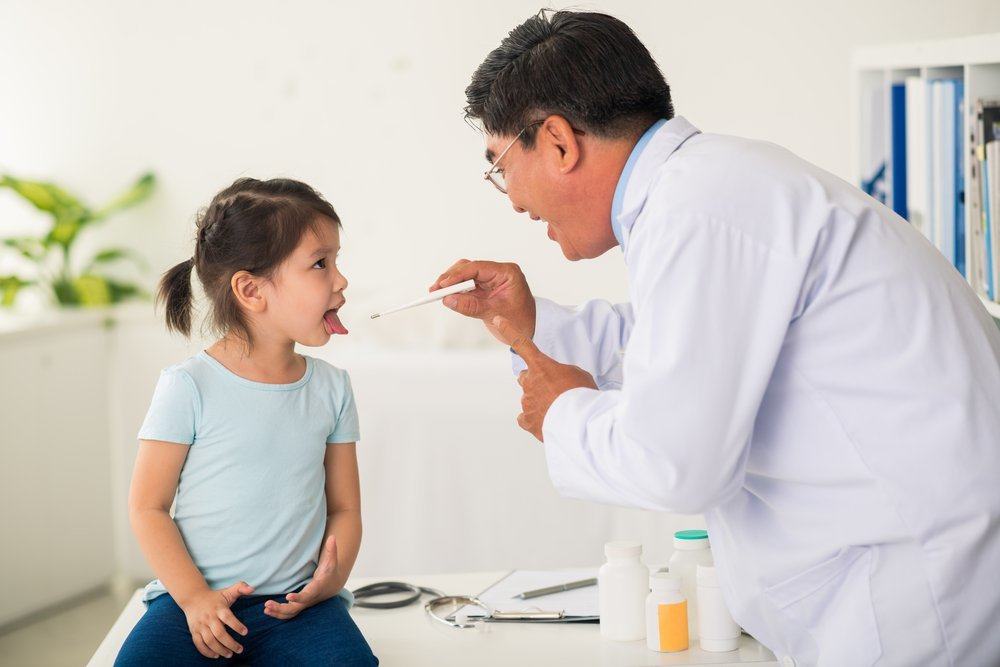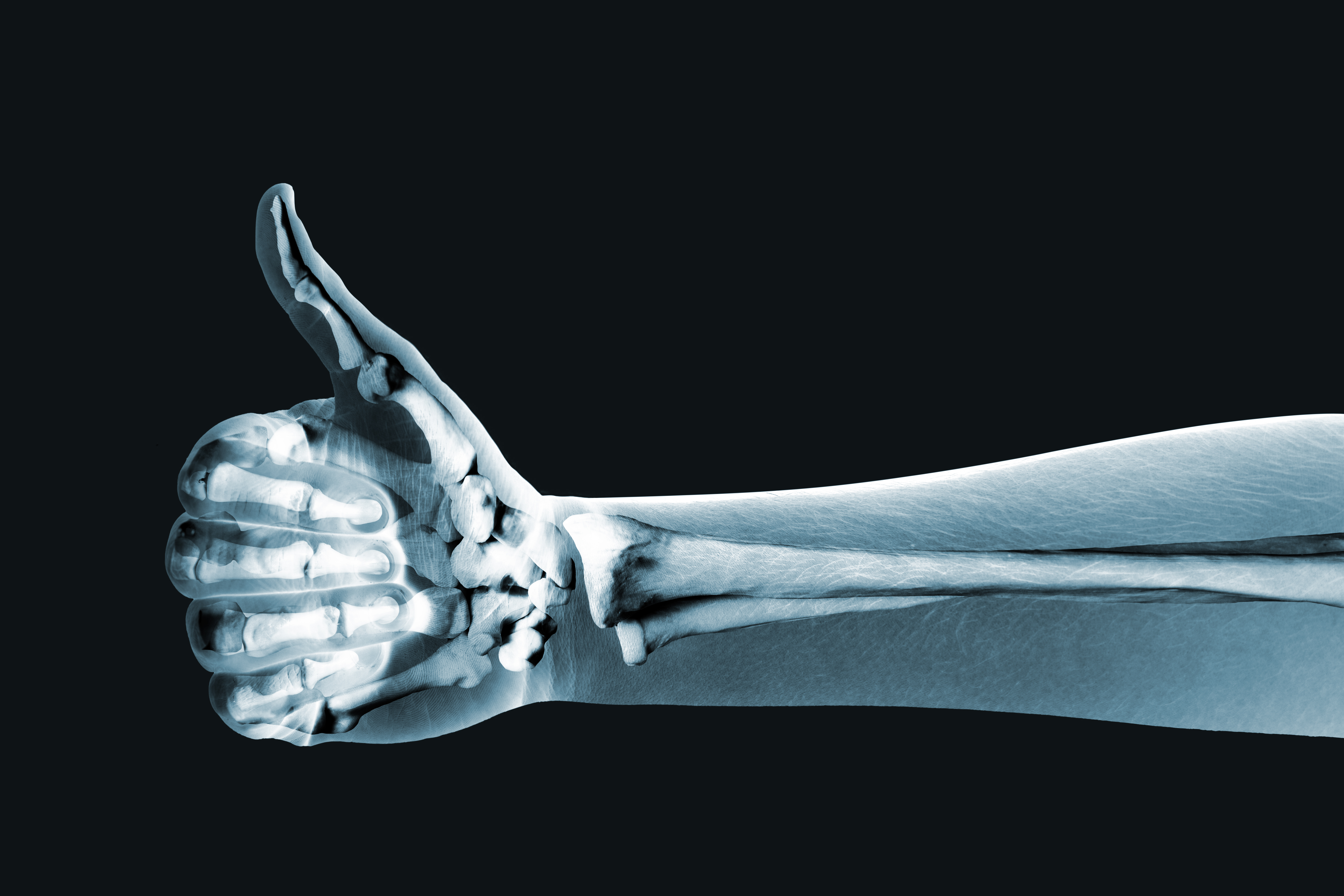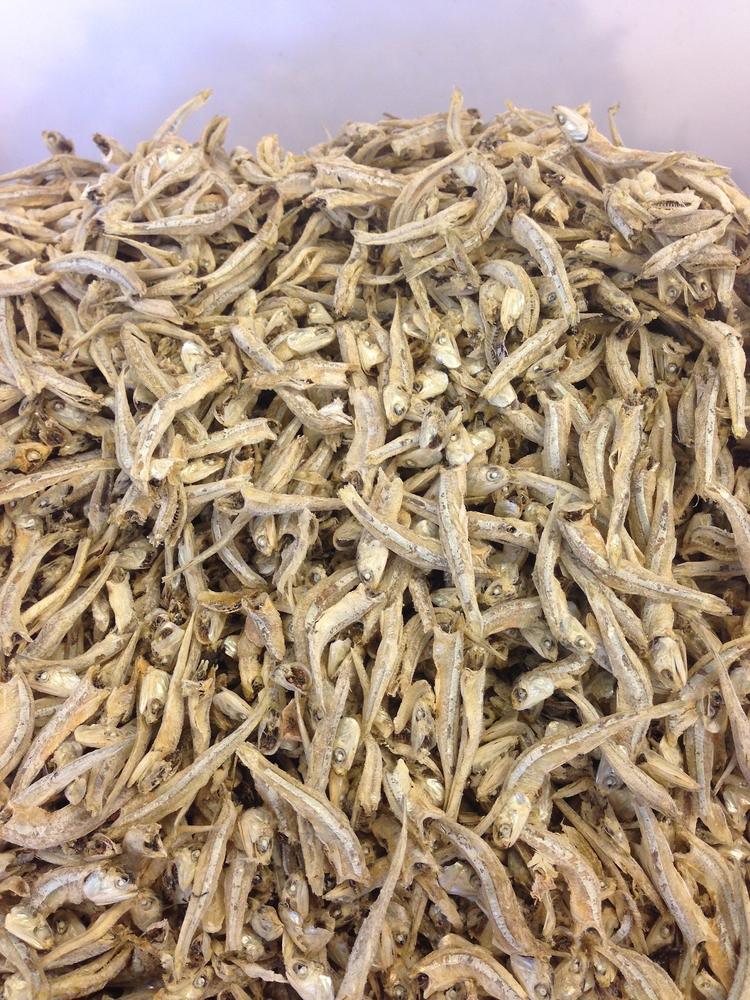Contents:
- Medical Video: 5 tips to ensure healthy sperm - Jesse Mills, MD | UCLA Health Newsroom
- 1. Maintain a healthy weight
- 2. Choosing the right carbohydrate
- 3. Consumption of plant protein
- 4. Good fats for fertility
- 5. Avoid skim milk
- 6. Take multivitamins
- 7. Be careful of listeria
- 8. Increase consumption of iron
- 9. Eat fruits and vegetables
Medical Video: 5 tips to ensure healthy sperm - Jesse Mills, MD | UCLA Health Newsroom
Even if you have no problems with fertility, improving health before pregnancy can make it easier for you to get pregnant, prevent complications in pregnancy, and improve your baby's health. The following recommendations can increase the chances of pregnancy.
1. Maintain a healthy weight
Deficiency or being overweight can affect the body's hormonal cycle and interfere with ovulation. Being overweight is also associated with insulin resistance. Men also have to be careful about their weight, because being overweight decreases testosterone and sperm production.
If you are a woman who is underweight, adding 2.5-5 kg can help ovulate and increase fertility. If you are overweight, reducing 5-10% of your body weight can increase fertility significantly, even if you are still above the ideal weight range.
2. Choosing the right carbohydrate
For overall fertility and health, it is important to consume high-quality carbohydrates every day. Low carbohydrates with glycemic index (GI) (whole grains, nuts, fruits and vegetables) stabilize blood sugar and insulin better than high carbohydrate carbohydrates (bread, pasta, white rice, soda, fruit juice, and sweets ) It is not known exactly how increased blood sugar and insulin resistance contribute to fertility. However, research has found a link between diet and low-carb GI and ovulation fertility.
Women with polycyclic ovary syndrome (PCOS), a disease characterized by poor insulin sensitivity and infertility, have experienced increased fertility rates with insulin-sensitizing treatment. In addition to maintaining blood sugar stability, low GI carbohydrate levels also have more fiber, vitamins, minerals and protein than carbohydrates that are late in the processing process.
3. Consumption of plant protein
Research has found that replacing animal proteins with plant proteins reduces the risk of infertility by up to 50%. To increase fertility, consume at least half the intake of protein from nuts, edamame, tofu and eggs.
4. Good fats for fertility
Eating healthy fats in your diet and avoiding bad fats are important steps to increase fertility. Unhealthy trans fat (found in foods baked, crackers, and cakes) causes inflammation and insulin resistance. Inflammation can reduce the body's sensitivity to insulin by inhibiting important proteins, such as adiponectin and PPAR-gamma, which are related to insulin sensitivity. Insulin resistance is also associated with infertility. Mono- and polyunsaturated fats have the opposite effect, which reduces inflammation and is good for fertility. Replacing trans fat with mono- and polyunsaturated fat is a good way to increase your overall fertility and health.
5. Avoid skim milk
The study found that women who consumed a glass of pure milk every day had the convenience of getting pregnant compared to women who did not drink pure milk or consume low-fat dairy products.
Pure milk contains fat-soluble hormones that are important for fertility. This hormone is lost during the skimming process. Hormones in pure milk can increase fertility in women who consume them compared to women who consume low-fat milk or skim milk.
6. Take multivitamins
The content requires folic acid and extra iron. Folic acid is important during the early prenatal period to prevent it neural tube defects - birth defects in the brain and spinal cord. Taking prenatal vitamins can increase fertility in women. Multivitamin and mineral supplements also increase sperm count in men. Women planning a pregnancy are advised to take prenatal vitamins that contain nonheme iron (from plants) that helps fertility compared to heme iron. Men who want to boost fertility can take multivitamin or mineral supplements.
7. Be careful of listeria
Listeria is a dangerous bacteria found in ready-to-eat meat, soft cheese, and unpasteurized dairy products. Pregnant women are 20 times more susceptible to disease due to food containing listeria. Women who are planning to become pregnant should also be careful because listeriosis (infection due to listeria) can cause early miscarriage in the first trimester, possibly before you know that you are pregnant.
8. Increase consumption of iron
Meet your body's needs for iron before you become pregnant, especially if your menstruation is quite heavy, according to Sam Thatcher, endocrinologist at the Center for Applied Reproductive Science in Johnson City, Tennessee, and author of Making a Baby: Everything You Need to Know to Get Pregnancy. According to him, monthly bleeding (menstruation) is a constant source of iron deficiency.
Meet iron needs now, because after you get pregnant, your body will have difficulty maintaining iron where your baby will absorb minerals from you. In addition, too little iron in early pregnancy can increase the risk of postpartum anemia - a condition that affects young mothers which causes red blood cells below normal limits and weakens your energy level.
9. Eat fruits and vegetables
Think of fruits and vegetables as natural multivitamins. Fruits and vegetables not only provide many vitamins and minerals, but also provide micronutrients that fight free radicals, such as phytochemicals and antioxidants. Free radicals are harmful molecules that enter the body from sunlight to car exhaust, and can damage egg cells, sperm, and reproductive organs.
READ ALSO:
- Has Abortion Ever Made Women So Infertile?
- 10 Signs You Or Your Partner May Have Infertility
- 10 Proven Things That Can Damage Sperm












